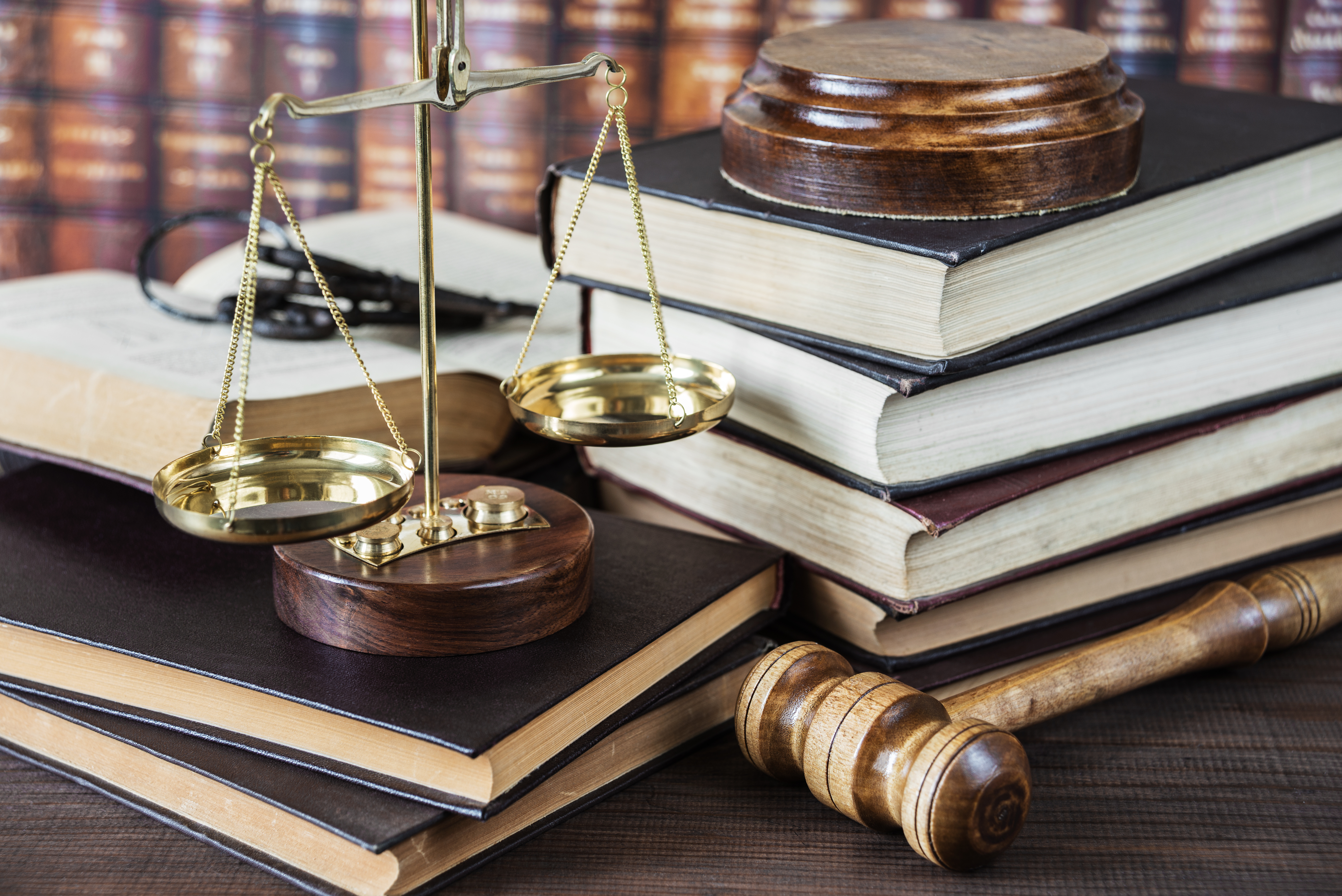If you are responsible for overseeing the probate of the estate of a loved one who recently passed away, you must focus on the legal and practical issues associated with the probate process. If this is the first time you have administered an estate, you may be concerned that you will make a mistake. That concern is intensified because your emotional state can make it more likely you will make a mistake. Consulting with an experienced probate attorney is the best way to avoid mistakes. To get you started, however, a Murfreesboro probate attorney at Bennett | Michael | Hornsby explains some common
What Is Probate?
Most people leave behind an estate when they die that consists of all assets, both tangible and intangible, owned by the decedent at the time of death. Probate is the legal process by which those assets are identified, located, valued, and eventually distributed to the intended beneficiaries and/or legal heirs of the estate.
Common Probate Mistakes
As the adage goes “knowledge is power.” With that in mind, understanding some of the most common probate mistakes can go a long way toward preventing you from making them. There are also some things you can do that will further decrease the likelihood of making a mistake during the probate of an estate.
- Using formal probate when the estate qualifies for a small estate alternative. One of the most common mistakes people make when probating an estate is failing to consider if a small estate alternative can be used in lieu of formal probate. For small estates, this may be an option. If the estate does qualify for an alternative to formal probate, it can save the estate a considerable amount of money and save the beneficiaries a considerable amount of time. Always check with a probate attorney before proceeding with formal probate.
- Mishandling assets. If you have never administered an estate you may not be sure what steps need to be taken and in what order. Consequently, assets are sometimes mishandled. As the Executor or Personal Representative of an estate, one of the first things you need to do is to secure all assets as soon as possible. This can mean different things depending on the asset in question. For financial accounts, you may just need to close the account, for example, whereas for a home or business you may need to physically lock up the property and arrange for its maintenance and upkeep. In addition, you will need to create an inventory of all estate assets and then determine which ones are probate assets and which ones are non-probate assets. All probate assets will also need a date of death value assigned to them. Also, be sure to not distribute any estate assets until you are certain it is legally permissible to do so.
- Failing to properly notify or pay creditors. All potential creditors of the estate must receive notice of the probate of the estate. Known creditors can be notified personally; however, unknown creditors must receive a notice via publication in a local newspaper. You must then keep the probate open for a statutory period to give creditors the opportunity to file a claim against the estate. In addition, be sure you understand the priority in which creditors must be paid before distributing assets in case the estate lacks sufficient assets to pay all creditors.
- Calculating gift and estate taxes incorrectly. All estates are potentially subject to federal gift and estate taxes. Some states also impose a state-level estate tax. Failing to properly calculate estate taxes can be a costly mistake and one that tends to snowball. Estate tax returns must also be filed by the Executor on behalf of the estate within the appropriate amount of time. This is yet another reason to work with an estate planning attorney to prevent making a mistake that could dramatically diminish the value of the estate that is left to beneficiaries.
- Hiring an estate planning attorney. When an estate is relatively simple with uncomplicated assets you may not need the advice and guidance of an attorney; however, if the estate requires formal probate and/or has valuable and complex assets, it is usually a mistake to not retain the services of an experienced estate planning attorney. Hiring an experienced attorney will dramatically reduce the likelihood that you will make costly mistakes during the probate process. Moreover, the cost of hiring a probate attorney is paid using estate assets.
Contact a Murfreesboro Probate Attorney
If you have additional questions or concerns regarding how to avoid making mistakes during the probate of an estate, consult with an experienced Murfreesboro probate attorney at Bennett | Michael | Hornsby as soon as possible. Contact the team today by calling 615-898-1560 to schedule your free appointment.
- The Art of Successful Co-Parenting During Divorce - April 19, 2024
- Elder Financial Exploitation: How to Protect Seniors - April 12, 2024
- How to Obtain Guardianship of a Minor in Tennessee - April 2, 2024




